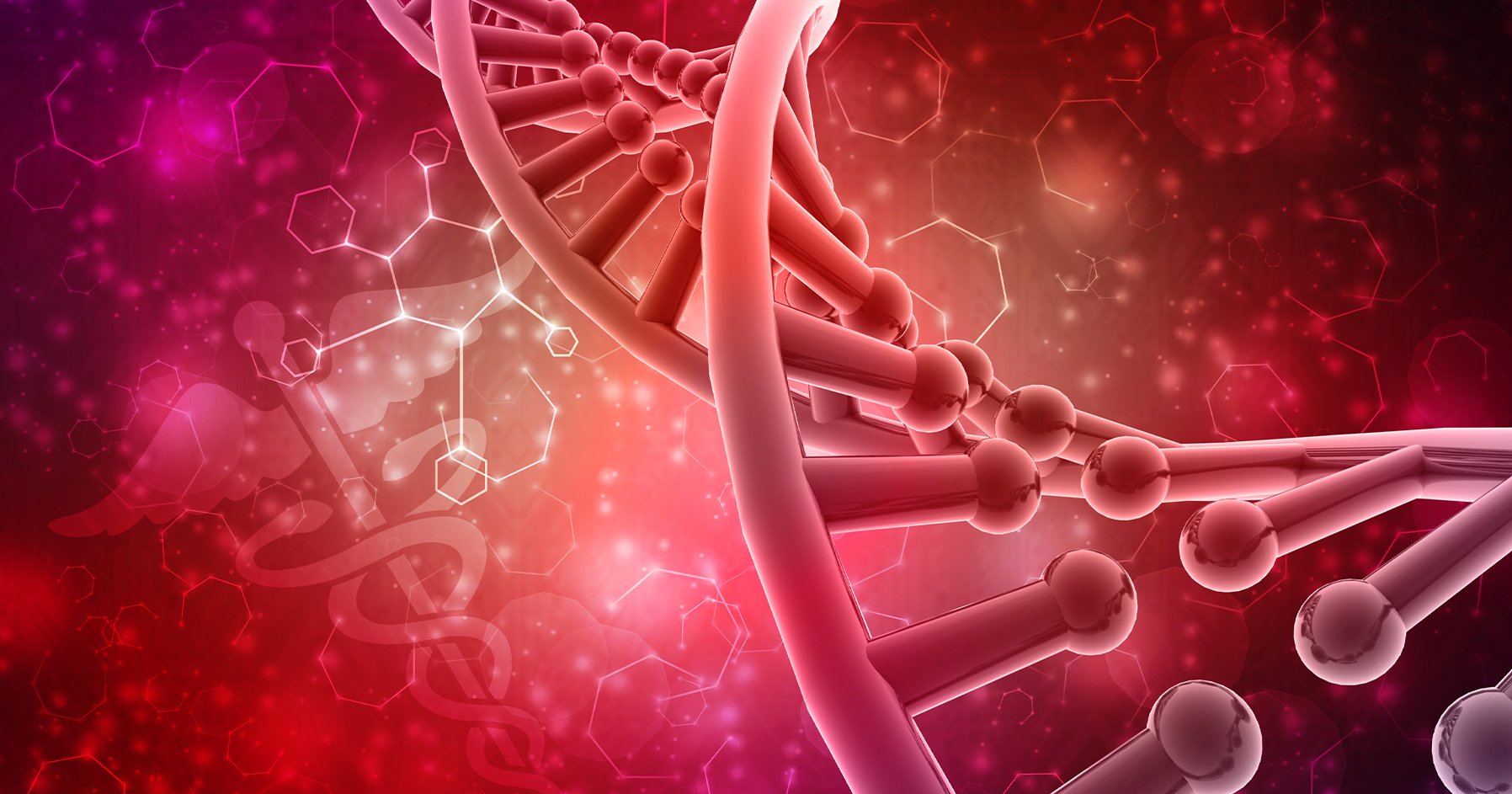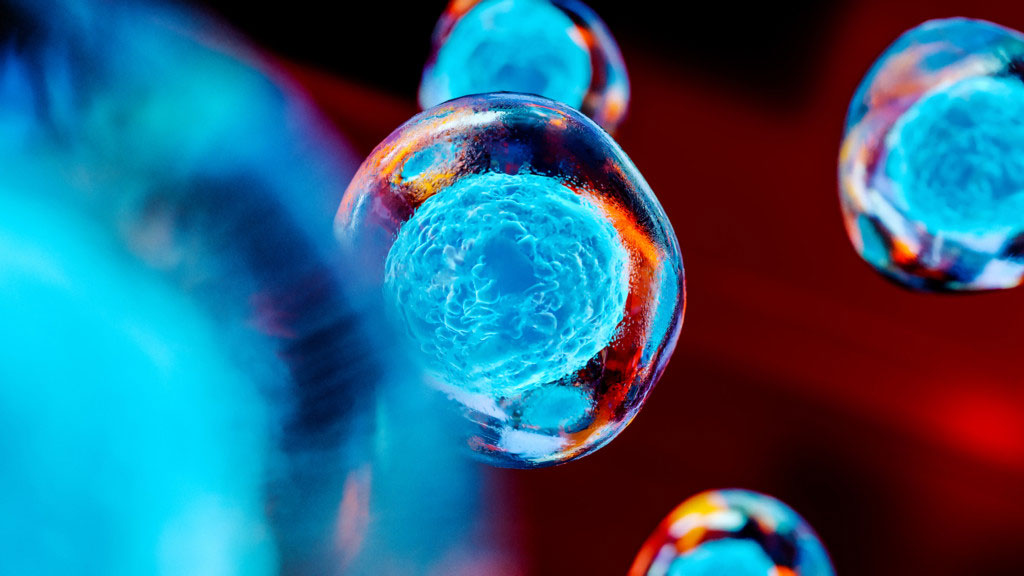ATTENTION: For Those who are serious about Looking & Feeling Younger...
HPI Therapy
Vitality Solutions for Long Term Youth

Make 50 Your New 30: We help all of our clients achieve a high quality of life that lasts well into their 50s, 60s, 70s, and beyond.
HPI Therapy reveals The Longevity Secrets Of The Young & beautiful Looking Celebraties accessible for everyone. Our team is dedicated to providing top-notch Med Spa Services, tailored just for you.
What People Are Saying:

Jay 47 yrs old: It’s not just about how I look now. It’s the confidence that goes with my new body, health and energy. Keeping the girls away is my biggest problem now. Not complaining!

Larry 48 yrs old: I still do a double take when I look in the mirror now. Can't believe the results. Clint is the man! If you don’t believe it, I’m living proof. Don’t wait to live your best, healthiest and amazing life.

John 54 yrs old: People tell me they don’t even recognize me. Hell I don’t recognize myself. After working with Clint I never turned back. My whole life changed and with all my refound energy and self confidence, it’s been getting better and better.

Dylan 54 yrs old: When I found Clint's program and started working with him I thought my best years were gone. Not true. I can’t believe it myself sometimes. I feel amazing, got ride of that beer gut, replaced it will a different kind of six pack!

Tiffany 44: I know this sounds like a typical story but I had 3 kids and after spending my life raising them, I let myself go. After my divorce I had to kick myself in the butt and change my life. Clint was there for me the whole way and with his program I have a new life and a new body.

Jorge 60 yrs old: 60 and sexy thanks to HPI therapy and Clint’s work, I recreated myself. So grateful to have my drive and energy back like when I was in my 30s. It just keeps getting better.
Subscribe To Our Weekly "Fountain Of Youth Secrets" e-Newsletter
Simply enter your name and email address below:
Copyright © 2024 - HPI Therapy



